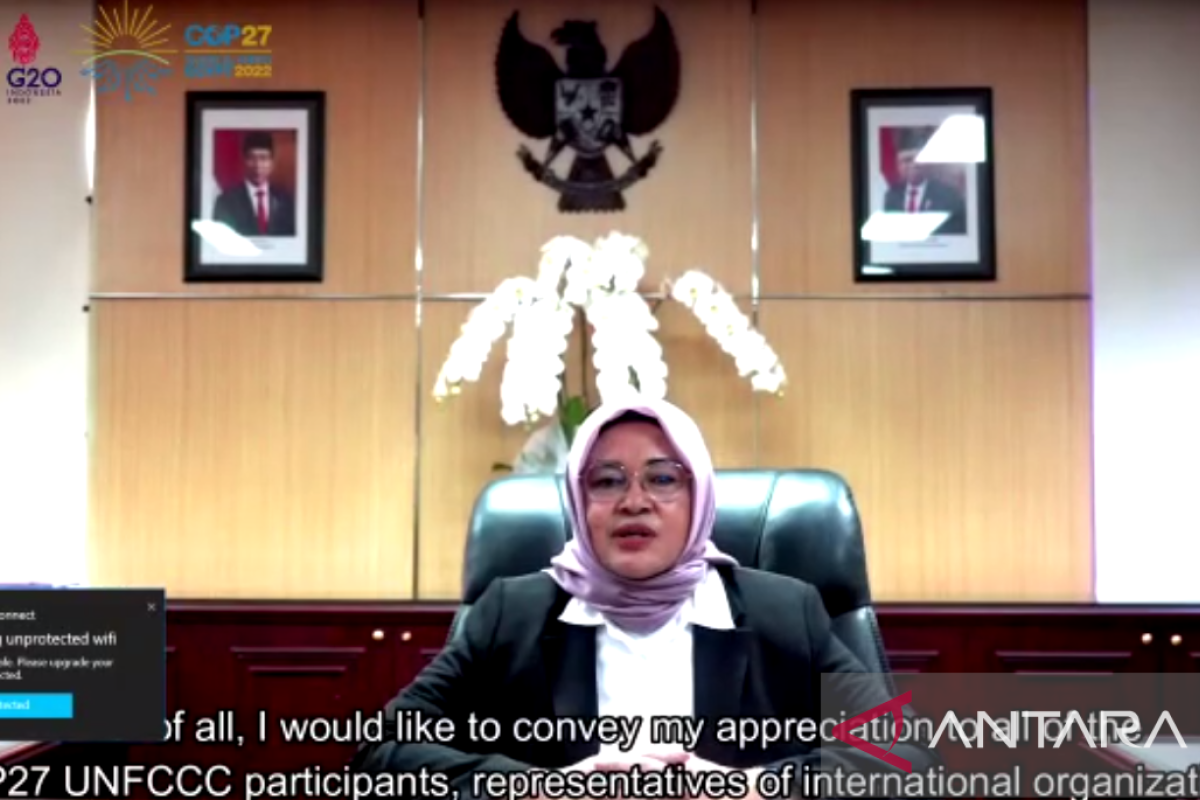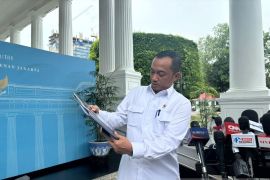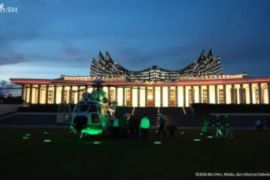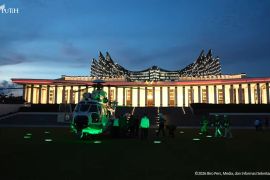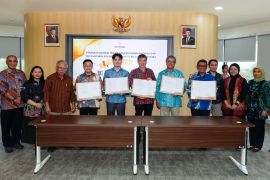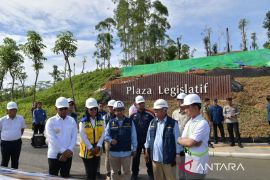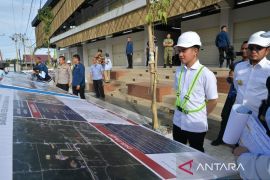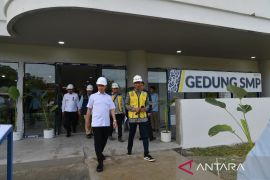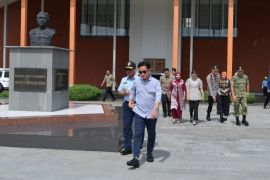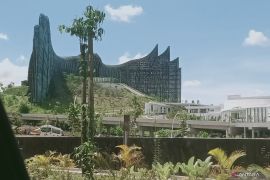The condition of the natural forest around it (the IKN) must be maintained and preserved.Jakarta (ANTARA) - The development of Indonesia's future capital city (IKN) Nusantara, with the concept of Forest City, will begin with forest and land rehabilitation to ensure that the city will be ready to tackle climate change.
Director General of Watershed Management and Forest Rehabilitation (PDASRH) at the Environment and Forestry Ministry Dyah Murtiningsih noted in a statement on Tuesday that the development project would pay attention to landscape management and biodiversity in the area.
The attempt is made on account of the fact that Kalimantan Island, where IKN is located -- precisely in East Kalimantan Province -- has diverse species, as well as endemic fauna, such as orangutans and proboscis monkeys.
"IKN must be a habitat for endemic flora and fauna," the director general stated in an online discussion on Monday (November 7, 2022) at the Indonesian Pavilion at the Conference of the Parties of the United Nations Framework Convention on Climate Change (COP-27 UNFCCC).
Related news: Central government prepares to build health centers in IKN Nusantara
Currently, the surrounding area where the IKN will be built is an industrial plantation forest. As the city will be developed with the Forest City concept, the surrounding area will be turned into a tropical rain forest by planting endemic plants, she remarked.
"The condition of the natural forest around it (the IKN) must be maintained and preserved," she remarked.
The Environment and Forestry Ministry has prepared an area of 16 hectares for the construction of the Mentawir Nursery that will provide 15 million trees annually to support the forest development and rehabilitation around IKN.
Furthermore, the attempts to restore tropical rain forests will be made by involving local communities.
Related news: Minister urges youth to develop nation's potential
The government has also invited the private sector to become actively involved in developing the IKN Forest City with the Public-Private Partnership scheme.
Murtiningsih expected that involvement of the private sector in the construction of the city can support the reduction of carbon emissions, which is important to mitigate climate change.
IKN Nusantara will be constructed on an area of 256 thousand hectares that is divided into three zones of the central government area, 6,671 hectares; the state capital area, 56,181 hectares; as well as the development zone.
Related news: IMI finalizing plan on building international racing circuit in IKN
Related news: IKN Nusantara as a milestone for Indonesia's civilization
Translator: Prisca Violleta, Uyu Liman
Editor: Fardah Assegaf
Copyright © ANTARA 2022
